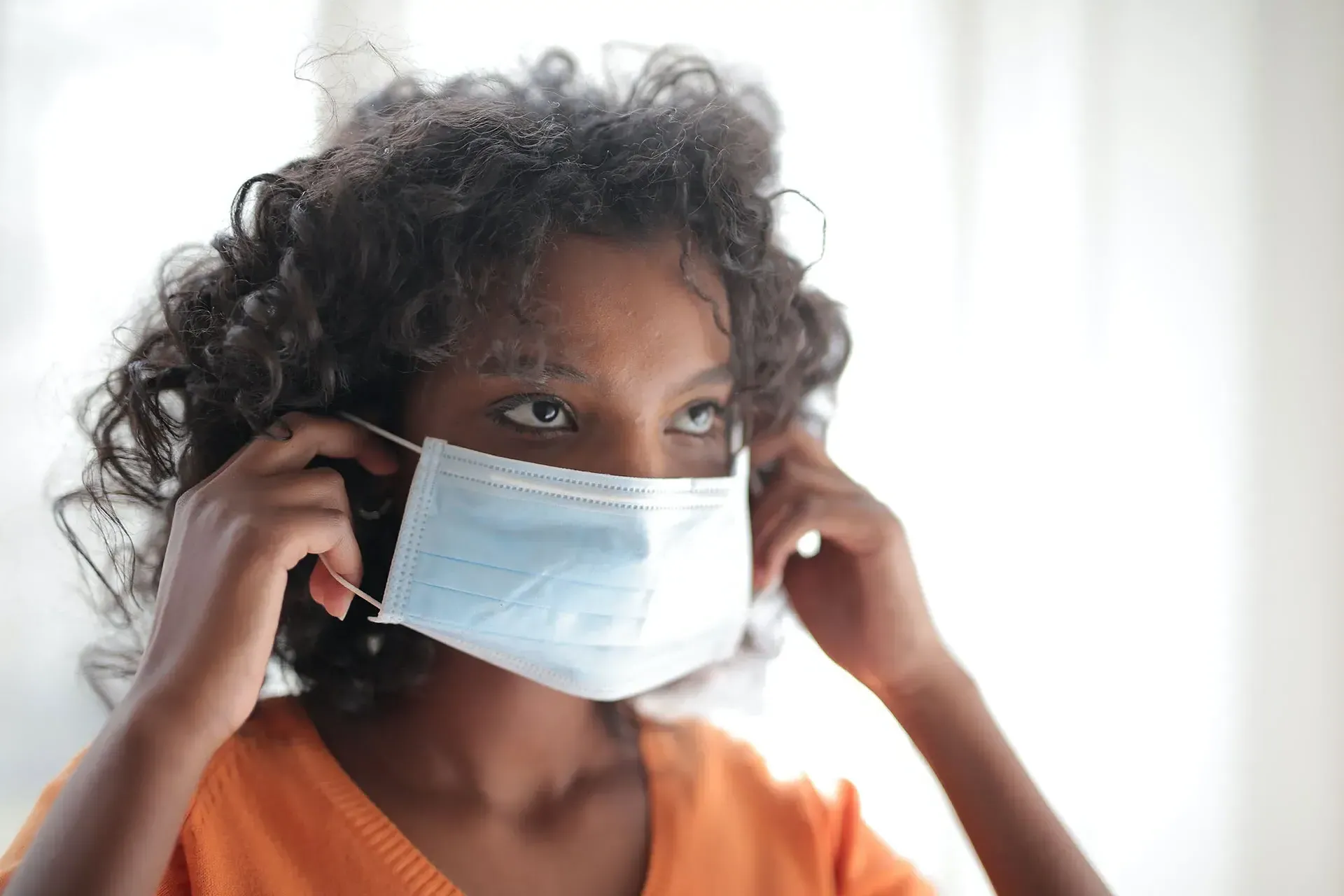Colorado’s Black/African American residents make up just under 4% of the state’s population, 但从5月12日开始, 2020, 它们一共有6个.44% of the state’s deaths from COVID-19, the disease caused by the coronavirus. While the coronavirus outbreak 和 response may be impacting all of us, 它并没有平等地这样做, 和 Black/African American Coloradans are experiencing a disproportionate impact.
Data from public health departments isn’t the only data we have showing this reality. 2020年4月 survey of 1,100 Coloradans, conducted in partnership with 健康的科罗拉多州 和 麦哲伦的策略, highlights some of the ways Black/African American Coloradans have been hit hard by the virus. Here’s what you need to know:
1. Black/African American Coloradans are feeling pessimistic about the coronavirus 和 its impacts – with 55% believing the worst is yet to come.
That’s 12% higher than all survey respondents. 更重要的是, a quarter of Black/African American Coloradans (26%) think their personal financial situations will be worse, 而不是更好, 一年后.
- “They cannot get this in control, 和 that worries me.” – Male, 65+ years of age, Denver County
- “[I worry] that it will go into the next year.” – Female, 35-39 years of age, Arapahoe County
2. Thirty percent of Black/African American Coloradans were struggling to pay for the basic necessities of life before the coronavirus outbreak, 和 it’s only gotten worse with 42% now reporting difficulty paying for food, 住房, 公用事业和卫生保健.
That’s compared to 35% of all respondents. 另外, 45% of Black/African American residents say they’re worried about being able to afford their rent or mortgage in the next 12 months. Here’s what some respondents said about their financial challenges:
“What will happen tomorrow, how will I survive without work or a job, are the things that worry me.” – Male, 40-44 years of age, Denver County
- “[I worry] how I gonna pay my bills.” – Female, 18-29 years of age, El Paso County
- “不能谋生. All cash flow stopped to my business 和 I can't get a paycheck.” – Female, 65+ years of age, Denver County
3. Black/African American Coloradans are worried about the health impacts of the coronavirus 和 want the government to do more to protect the public’s health.
Eighty-four percent of Black/African American respondents are worried that essential workers don’t have the necessary personal protective equipment (compared to 76% of all respondents), 和 75% are worried local hospitals will run out of necessary equipment like beds or ventilators (compared to 60% of all respondents).
Seventy-seven percent of Black/African American Coloradans want the government to do more to make health care more affordable (compared to 65% of all respondents), 和 72% want the government to do more to ensure paid sick leave, family leave 和 medical leave for workers (compared to 54% of all respondents).
For many, the worry 和 stress is taking a toll on mental health:
- “我感到最难过. 它太快了. Everybody works, but the public is at risk. They are opening up the states too soon. There is a shortage of PPE [personal protective equipment] for health workers. I am concerned about the homeless 和 mentally ill.” – Female, 55-59 years of age, Denver County
- “I am very depressed about the situation of the coronavirus. Nurses 和 doctors are dying, because of trying to take care of the people who had the coronavirus. Children are not going to school.” – Female, 65+ years of age, Denver County
- “Being a 60-year-old Black man, I am in a high risk category to die from this disease. I'm very nervous whenever I leave my house.” – Male, 60-65 years of age, Denver County
The majority of Black/African American Coloradans live in urban centers like Denver where coronavirus has ripped through neighborhoods. These data illustrate the toll the virus has taken on some more than others – its health, economic 和 mental wellness impacts hitting hard. Addressing the negative effects of the virus means working toward recovery in partnership with those who have weathered the most difficulty, including communities of color.
Learn more about the survey 和 its key findings, 和 check out other blog posts highlighting the experiences of Coloradans living on low incomes 和 Latinx科罗拉多.

